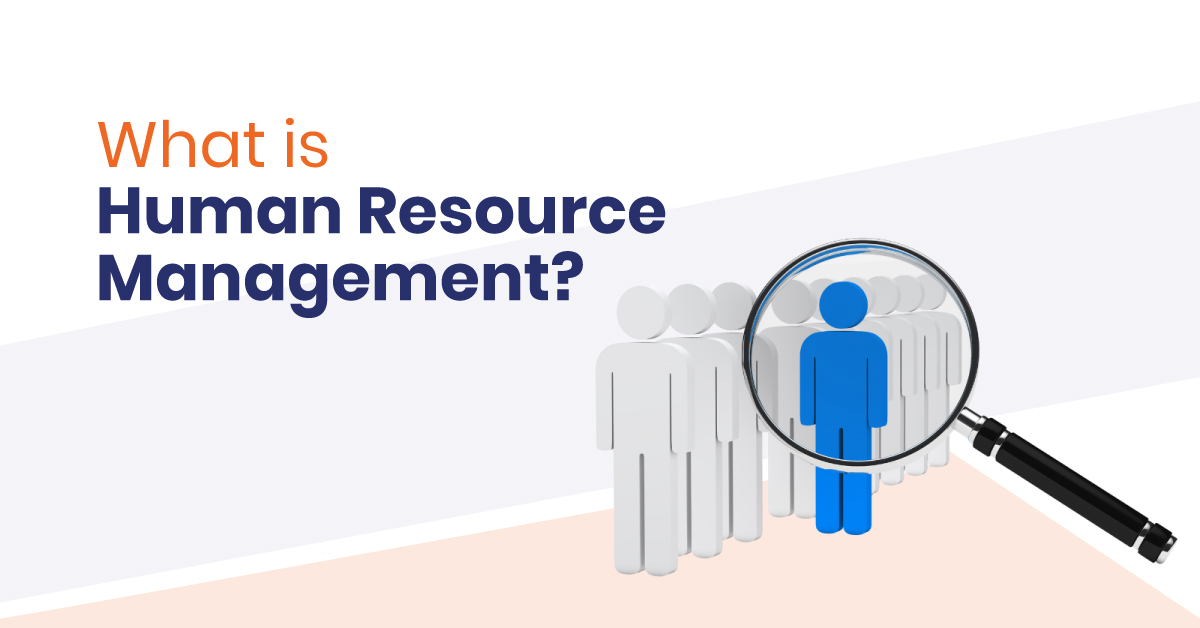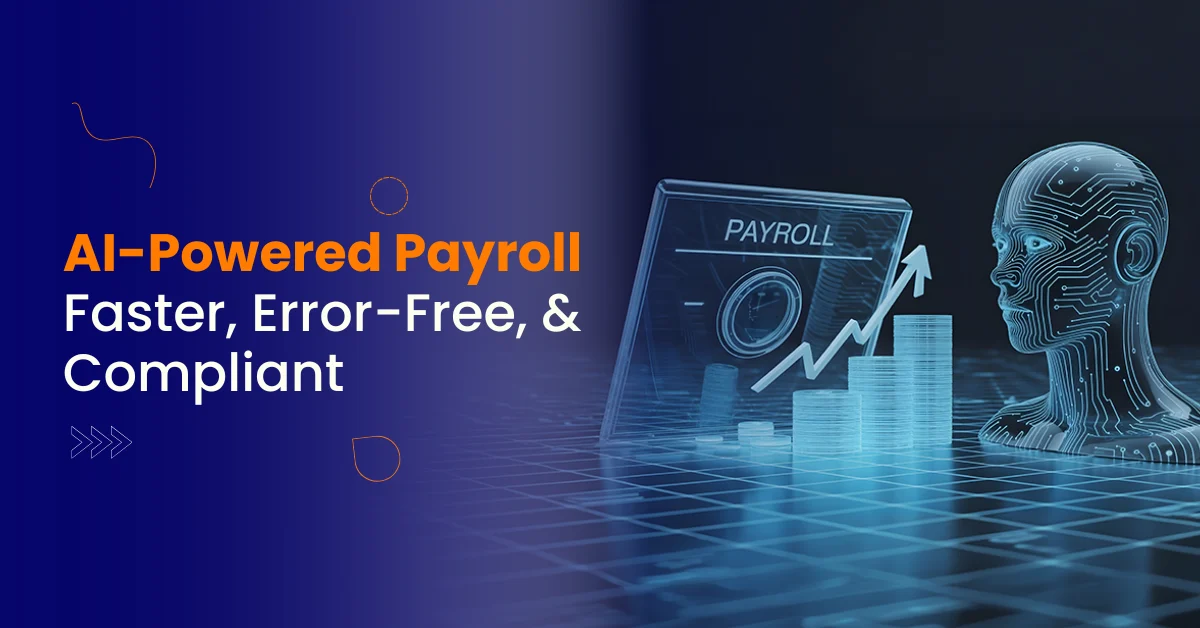Introduction to Human Resource Management
Human Resource Management (HRM) is the practice of managing people in an organisation so that business goals are met while each person thrives.
With a background in business or HR, a professional gains insight into recruitment, career paths, and more. This reflects their role in shaping organisational health. In this blog, let us understand what human resource management is and its importance in the organisation.
Importance of HR Management
A well-structured human resource management strategy builds the bridge between people performance and business priorities. It ensures that the right people are in the right roles, equipped with the right tools, and guided by the right policies.
So, “Why is HRM important?”- because businesses run on people or resources. Here’s how HR management adds value:
- Synchronises recruitment and business demand
- Supports training and development aligned with goals
- Creates a unified, performance-first culture
- Drives employee retention through strategic engagement
- Keeps compliance watertight with updated regulation tracking
Roles and Responsibilities in HR Management
What does an HR manager actually do?
A human resource manager manages from hiring strategist and policy designer to conflict resolver and compliance guardian. Whether generalist or specialist, they ensure the business runs smoothly, legally, and humanely.
HR management roles and responsibilities:
- Hire Smarter – Attract, assess, and onboard the right talent.
- Set the Rules – Define policies that shape company culture.
- Payroll Management – Manage payroll, benefits, and compliance effortlessly.
- Support People – Resolve issues and boost team engagement.
- Drive Growth – Guide development, appraisals, and learning.
- Stay Legal – Keep everything aligned with labour laws.
With Bharat Payroll’s HRMS and Payroll software, these responsibilities become easy with AI-driven automation, from onboarding to offboarding. Talk to our team to see how our HR automation suite empowers your people team.
HR Functions That Drive Performance
1. Employee Development
The difference between a non-performing team and an efficient workforce lies in development.
Employee development, a critical function of human resources management, focuses on skill-building, learning interventions, and creating opportunities for upward mobility. When done right, it boosts:
- Employee confidence and engagement
- Productivity and innovation
- Internal promotions and leadership pipeline
Bharat Payroll’s platform helps HR teams identify training needs, assign programs, and track outcomes, all in one intuitive system.
2. HR Practices
HRM practices include every recurring, structured process that shapes workforce culture, from recruitment to exit. And when automated, these practices go from manual to meaningful.
Key HR management practices include:
- Recruitment and selection
- Performance review cycles
- Policy enforcement and updates
- Compensation management
- Conflict resolution protocols
By digitising these processes, Bharat Payroll ensures consistency, transparency, and compliance, without compromise.
3. Human Capital Management (HCM)
People are not just workers, they’re capital.
Human capital management takes HRM to the next level by aligning every individual’s growth with organisational strategy.
Through performance tracking, upskilling paths, and retention plans, HCM maximises workforce value while improving ROI on hiring and training.
Bharat Payroll offers an integrated view of your entire human capital strategy, including skill mapping, internal mobility, and talent forecasts.
4. Employee Wellbeing
What’s the meaning of human resource management if not protecting and uplifting people?
Employee wellbeing is no longer a soft benefit; it’s a strategic necessity. HR professionals are now tasked with ensuring mental health, physical safety, and work-life harmony.
With Bharat Payroll, you can integrate:
- Health & wellness initiatives
- Attendance-based fatigue alerts
- Remote-friendly compliance tools
- Self-service feedback mechanisms
Healthy people. Healthy performance. Healthy growth.
5. Career Opportunities in HRM
The career scope in HR management is as diverse as the field itself. From HR generalist roles in startups to CHRO positions in enterprises, there’s a path for every people professional.
Popular HRM roles include:
- HR Business Partner
- Compensation & Benefits Analyst
- Talent Acquisition Specialist
- Training & Development Manager
- HR Tech and Automation Lead
Certifications from SHRM or HRCI add global credibility, and platforms like Bharat Payroll equip you with practical experience in real-time HR automation.
6. Performance Management
Performance management is a vital function of human resource management that goes beyond annual reviews. It’s about creating a feedback-rich environment where:
- Expectations are clearly defined
- Progress is continuously tracked
- Recognition is timely and data-backed
- Underperformance is addressed constructively
Bharat Payroll’s performance module helps HR teams align KPIs, enable peer reviews, and roll out intelligent appraisals, all within a transparent digital ecosystem.
Start automating your HR strategy with Bharat Payroll.
HR Professionalism
To be in human resource management is to be in the business of people, with all its complexity, sensitivity, and strategic weight. That’s where HR professionalism comes into play.
It’s not just about qualifications, it’s about:
- Adhering to ethical standards
- Staying updated with evolving HRM laws and practices
- Driving consistency in communication and decisions
- Respecting confidentiality and organisational trust
Professional HR managers support the integrity of the workplace, even when no one’s watching.
Whether a certified HR professional or managing a small team, they ensure that every process is transparent, fair, and compliant.
Advancements in Human Resource Management
HR management is changing faster than ever, and technology is at its core.
1. Technology and HRM
Modern HR is digital-first. From mobile onboarding to predictive performance analytics, technology in HRM drives smarter decision-making and operational agility.
With Bharat Payroll’s HRMS, you can utilise:
- AI-powered hiring pipelines
- Smart attendance and shift tracking
- Chat-based employee engagement tools
- Compliance dashboards with auto-alerts
Keeping pace with tech is no longer optional. It’s your competitive advantage.
2. Employee Engagement and Benefits
Ask any HR leader what is the function of human resource management, and “engagement” will top the list. A well-engaged team is more than productive; it’s proactive, resilient, and loyal.
HRM functions now include:
- Real-time recognition systems
- Self-service benefits management
- Personalised feedback channels
- AI-powered mood and burnout detection
Employee benefits, like insurance, leave, and retirement plans, aren’t just entitlements. They’re strategic levers to attract and retain talent.
3. Organisational Success: HR’s Strategic Role
The role of human resource management in driving company-wide performance is often underestimated, but never overstated.
Strategic HR aligns:
- Business vision → with talent acquisition
- Financial goals → with cost-effective workforce deployment
- Growth metrics → with performance measurement
- Brand values → with organisational culture
With Bharat Payroll, HR leaders can measure, manage, and optimise every human capital investment, and prove impact with data.
Let your HR team lead the charge to operational excellence. Let us power them with tools that scale.
Final Thoughts: Time to Rethink Human Resource Management
In today’s knowledge-driven economy, human resources management isn’t a department; it’s a strategic capability. It empowers your business to:
- Hire smarter
- Develop faster
- Retain longer
- Comply consistently
- Scale sustainably
And when powered by Bharat Payroll’s AI-driven HRMS platform, HRM becomes less about admin and more about outcomes. We help HR leaders align strategy with execution through automation- from time tracking and leave to payroll and performance.
Optimise resources, reduce costs and empower teams with Bharat Payroll
Frequently Asked Questions
1. What is human resource management (HRM)?
HRM ( Human Resource Management ) is the strategic approach of managing people within an organisation, covering recruitment, development, performance, retention, and compliance.
2. What is the full form of HRM?
The full form of HRM is Human Resource Management.
3. What is HRM in management?
It refers to the role of HR in aligning employee-related processes with business goals, creating value through people.
4. Define HRM or What is the definition of human resource management?
HRM is the process of recruiting, developing, managing, and retaining a productive workforce to meet organisational goals effectively.
5. What are the functions of HR management?
Core HRM functions include:
- Staffing
- Training & development
- Compensation management
- Performance appraisal
- Employee relations
- Legal compliance
6. What do you understand by human resource management in ?
It’s the structured way of managing the workforce to maximise value for both the business and its employees.
7. What are the features of HR management?
The core features of HR management include-
- People-centric policies
- Strategic alignment
- Structured processes (onboarding, payroll, appraisal)
- Automation and compliance tracking
- Employee-focused culture building
8. How does HRM differ from traditional personnel management?
Personnel management is transactional and admin-focused. HRM is strategic, proactive, and performance-driven.






